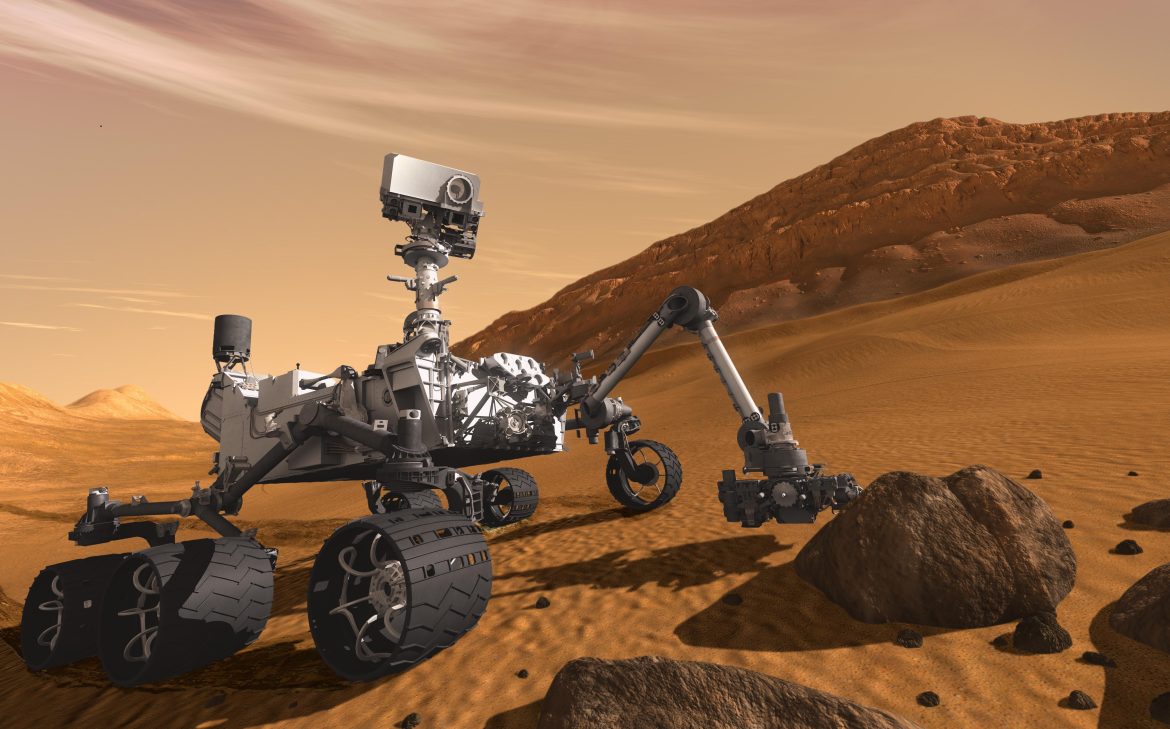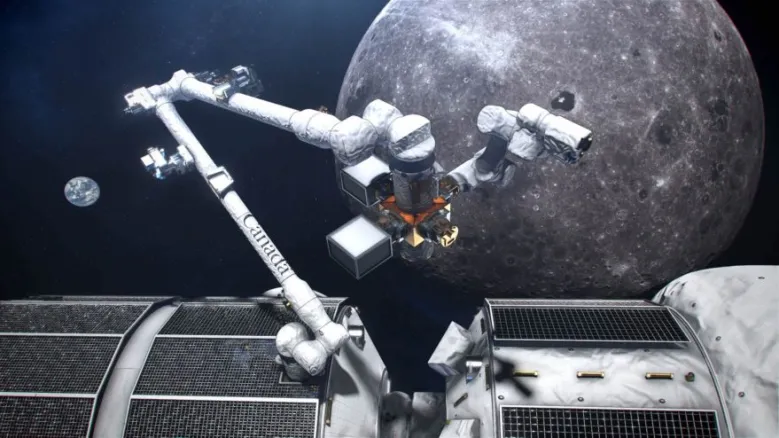Artificial Intelligence (AI) is becoming an essential tool for space exploration, satellite management, and deep-space missions. While AI offers great potential for advancing space technology, it also faces unique challenges that must be addressed to ensure mission success and safety.
What are the Challenges with AI in Space?
AI in space refers to the use of intelligent algorithms and autonomous systems to perform tasks such as navigation, data analysis, equipment monitoring, and spacecraft control without constant human supervision.
Key Challenges Faced by AI in Space
Limited Communication:
In deep-space missions, communication between Earth and spacecraft can experience significant time delays. AI systems must make critical decisions independently, but ensuring the accuracy and safety of those decisions without real-time human input is a major challenge.
Harsh Environment:
AI hardware and sensors used in space must withstand extreme temperatures, radiation, and vacuum conditions. These factors can damage electronic components, disrupt AI algorithms, and affect system performance.
Data Constraints:
Unlike Earth-based systems, AI in space has limited access to large datasets and cloud storage. The restricted bandwidth and storage capacity in spacecraft require AI systems to work efficiently with smaller, locally stored datasets.
Complex Autonomy Requirements:
Space missions demand highly autonomous AI capable of handling unexpected situations like system failures or navigation hazards. Designing AI that can adapt in real-time and handle complex scenarios without external assistance is extremely difficult.
Power Limitations:
Spacecraft have limited power resources, and AI systems must operate efficiently without consuming too much energy. Balancing AI performance with power constraints is a constant technical challenge.
Software Updates and Security:
Sending software updates to space is not as straightforward as it is on Earth. AI systems must be highly reliable, secure, and capable of functioning correctly for long periods without maintenance or updates.
Conclusion
AI holds the promise of revolutionizing space missions, enabling faster decision-making, efficient data processing, and autonomous exploration. However, overcoming the unique challenges of space environments is essential to fully realize AI’s potential beyond Earth. By addressing these obstacles, future space missions can become more advanced, resilient, and self-sufficient.







Leave feedback about this